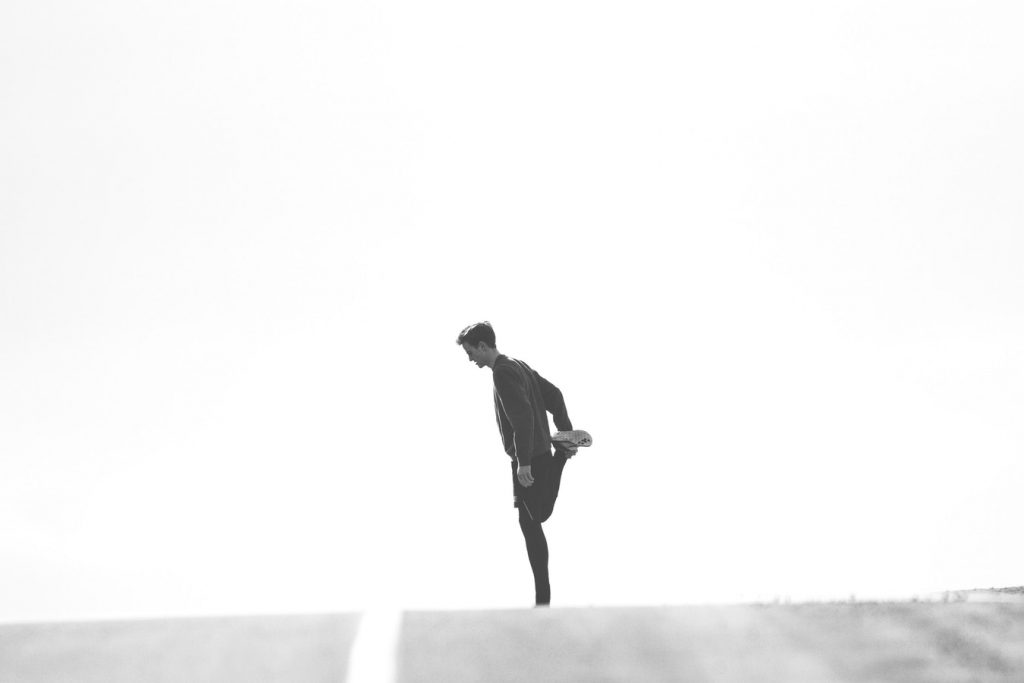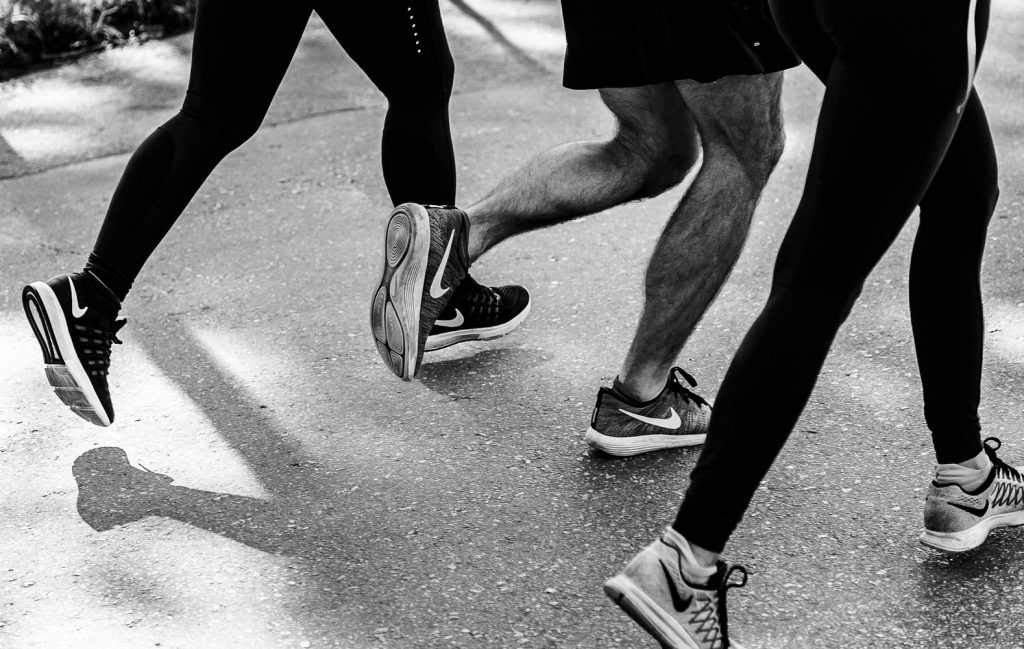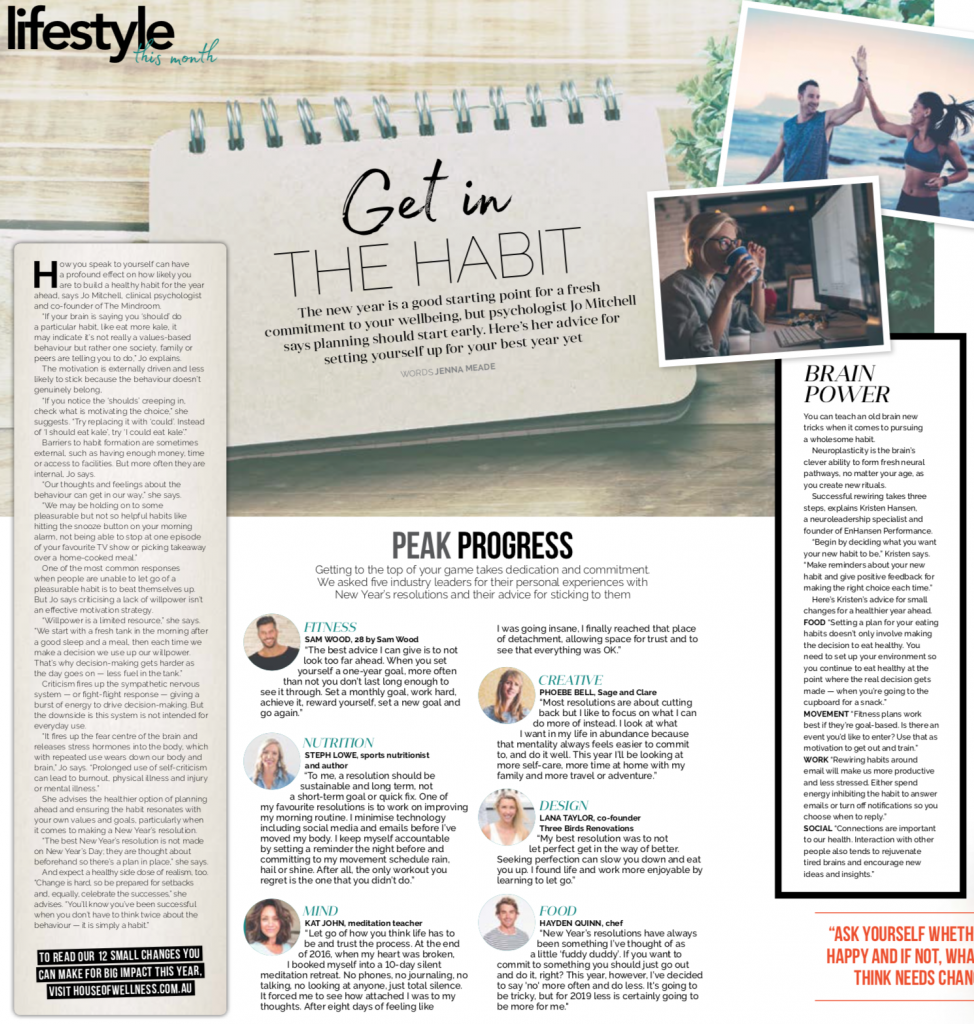How you speak to yourself can have a profound effect on how likely you are to build a healthy habit for the year ahead, says Jo Mitchell, clinical psychologist and co-founder of The Mind Room.
“If your brain is saying you ‘should’ do a particular habit, like eat more kale, it may indicate it’s not really a values-based behaviour but rather one society, family or peers are telling you to do,” Jo explains.
The motivation is externally driven and less likely to stick because the behaviour doesn’t genuinely belong.
“If you notice the ‘shoulds’ creeping in, check what is motivating the choice,” she suggests. “Try replacing it with ‘could’. Instead of ‘I should eat kale’, try ‘I could eat kale’.”
Barriers to habit formation are sometimes external, such as having enough money, time or access to facilities. But more often they are internal, Jo says.
“Our thoughts and feelings about the behaviour can get in our way,” she says. “We may be holding on to some pleasurable but not so helpful habits like hitting the snooze button on your morning alarm, not being able to stop at one episode of your favourite TV show or picking takeaway over a home-cooked meal.”
One of the most common responses when people are unable to let go of a pleasurable habit is to beat themselves up. But Jo says criticising a lack of willpower isn’t an effective motivation strategy.
“Willpower is a limited resource,” she says. “We start with a fresh tank in the morning after a good sleep and a meal, then each time we make a decision we use up our willpower. That’s why decision-making gets harder as the day goes on — less fuel in the tank.”
Criticism fires up the sympathetic nervous system — or fight-flight response — giving a burst of energy to drive decision-making. But the downside is this system is not intended for everyday use.
“It fires up the fear centre of the brain and releases stress hormones into the body, which with repeated use wears down our body and brain,” Jo says. “Prolonged use of self-criticism can lead to burnout, physical illness and injury or mental illness.”
She advises the healthier option of planning ahead and ensuring the habit resonates with your own values and goals, particularly when it comes to making a New Year’s resolution.
“The best New Year’s resolution is not made on New Year’s Day; they are thought about beforehand so there’s a plan in place,” she says.
And expect a healthy side dose of realism, too.
“Change is hard, so be prepared for setbacks and, equally, celebrate the successes,” she advises. “You’ll know you’ve been successful when you don’t have to think twice about the behaviour — it is simply a habit.”
BRAIN POWER
You can teach an old brain new tricks when it comes to pursuing a wholesome habit.
Neuroplasticity is the brain’s clever ability to form fresh neural pathways, no matter your age, as you create new rituals. Successful rewiring takes three steps, explains Kristen Hansen, a neuroleadership specialist and founder of EnHansen Performance.
“Begin by deciding what you want your new habit to be,” Kristen says. “Make reminders about your new habit and give positive feedback for making the right choice each time.” Here’s Kristen’s advice for small changes for a healthier year ahead.
Food
“Setting a plan for your eating habits doesn’t only involve making the decision to eat healthy. You need to set up your environment so you continue to eat healthy at the point where the real decision gets made — when you’re going to the cupboard for a snack.”
Movement
“Fitness plans work best if they’re goal-based. Is there an event you’d like to enter? Use that as motivation to get out and train.”
Work
“Rewiring habits around email will make us more productive and less stressed. Either spend energy inhibiting the habit to answer emails or turn off notifications so you choose when to reply.”
Social
“Connections are important to our health. Interaction with other people also tends to rejuvenate tired brains and encourage new ideas and insights.”
PEAK PROGRESS
Getting to the top of your game takes dedication and commitment. We asked five industry leaders for their personal experiences with New Year’s resolutions and their advice for sticking to them
Fitness
Sam Wood, 28 by Sam Wood
“The best advice I can give is to not look too far ahead. When you set yourself a one-year goal, more often than not you don’t last long enough to see it through. Set a monthly goal, work hard, achieve it, reward yourself, set a new goal and go again.”
Nutrition
Steph Lowe, sports nutritionist and author
“To me, a resolution should be sustainable and long term, not a short-term goal or quick fix. One of my favourite resolutions is to work on improving my morning routine. I minimise technology including social media and emails before I’ve moved my body. I keep myself accountable by setting a reminder the night before and committing to my movement schedule rain, hail or shine. After all, the only workout you regret is the one that you didn’t do.”
Mind
Kat John, meditation teacher
“Let go of how you think life has to be and trust the process. At the end of 2016, when my heart was broken, I booked myself into a 10-day silent meditation retreat. No phones, no journaling, no talking, no looking at anyone, just total silence. It forced me to see how attached I was to my thoughts. After eight days of feeling like I was going insane, I finally reached that place of detachment, allowing space for trust and to see that everything was OK.”
Creative
Phoebe Bell, Sage and Clare
“Most resolutions are about cutting back but I like to focus on what I can do more of instead. I look at what I want in my life in abundance because that mentality always feels easier to commit to, and do it well. This year I’ll be looking at more self-care, more time at home with my family and more travel or adventure.”
Design
Lana Taylor, co-founder Three Birds Renovations
“My best resolution was to not let perfect get in the way of better. Seeking perfection can slow you down and eat you up. I found life and work more enjoyable by learning to let go.”
Food
Hayden Quinn, chef
“New Year’s resolutions have always been something I’ve thought of as a little ‘fuddy duddy’. If you want to commit to something you should just go out and do it, right? This year, however, I’ve decided to say ‘no’ more often and do less. It’s going to be tricky, but for 2019 less is certainly going to be more for me.”





